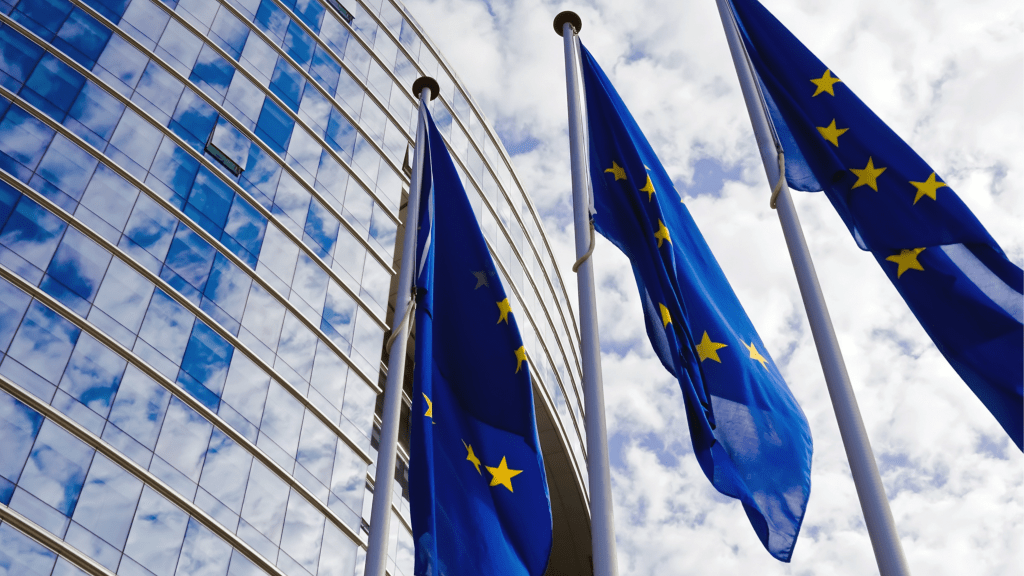EU-policy
Corona – A Silent Cry for Unity

In these days of skyrocketing COVID-19 infection rates, the image of the wave is rhetorically booming. Waves roll in, are supposed to break and the tsunami like ones sometimes even swallow any kind of defence efforts. Just like in March/April, there is no question that Europe remains under the influence of emergency response measures. Spain is imposing a state of emergency for several months, France is closing down completely, Germany is imposing a so-called lock-down light. And Brussels? What is happening in political Europe? The Commission, led by Ursula von der Leyen, is working to improve coordination of national measures during the pandemic. In the short term, this means cross-border optimisation of intensive care bed capacities, in the medium term, the procurement and roll-out of vaccine doses, and in the long term, improving the statistical basis for better decisions in the event of similar hazards in the future. In cooperation with the European Parliament, the German Council Presidency is endeavouring to implement the post-COVID development programme NextGenerationEU as quickly as possible. With difficulty, but with progress in sight, we hear from the Brussels engine room.
The European institutions are working. It is the Member States, and within them the provinces, federal states, departments, counties, municipalities and whatever the name of the local authorities, that impose and implement measures. These measures are often more differentiated than in the spring, but also more controversial in the national discourse than at the beginning of the crisis. This makes the picture of pandemic control more diffuse and the public opinion more diverse. This does, however, not have to be a disadvantage. In Europe, we live by diversity and public debate, the dispute about the better concept, the better solution. We are not a society that marches in silence behind the flag of a one-party government to wherever the Politburo has planted the target flag. But our openness can also become our open flank: The success of the test that Europe must now pass can be measured not only, but also in falling infection rates. The test result says something about whether our European and Western culture of the unique combination of individual freedom and public capacity for action will find effective answers to the pandemic. For Liberals, the matter is clear: it is not because we want to be free, but because we are free that we have the better ideas, the more powerful concept, the greater resources. This includes the tough political battles as well as the obvious cross-border cooperation in the small and big issues of the pandemic. In the spring, Europe began to shake and the first wave rolled over the European Union. Now the Member States, the European Parliament and the European Commission must ride the second wave. To do this, we need to be able to argue, to compromise, to act together and to be at home with each and every one of us.
Thomas Ilka is Regional Director of the FNF European Dialogue
